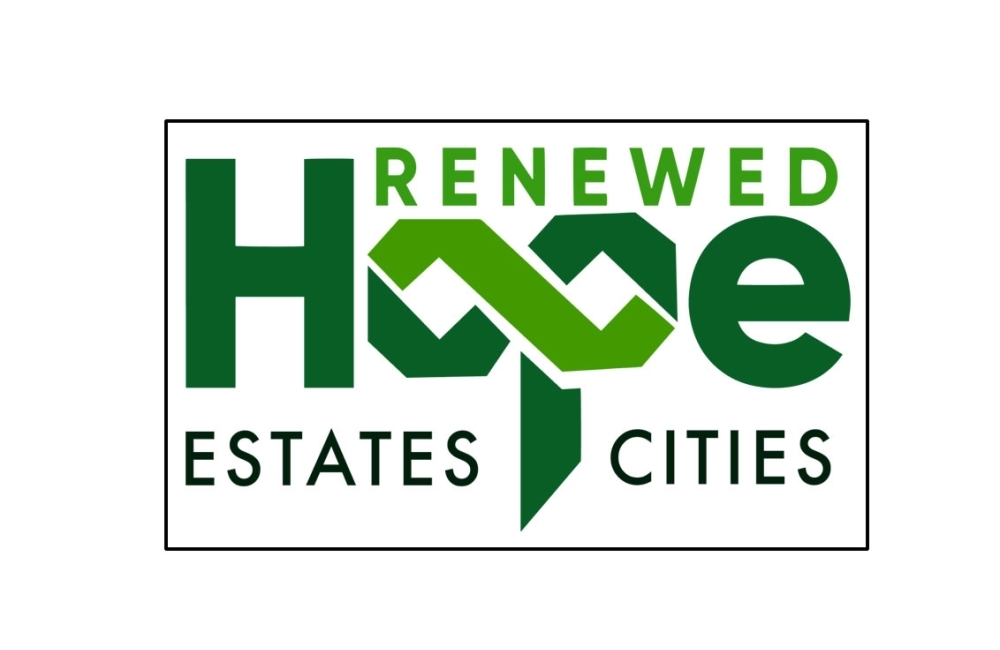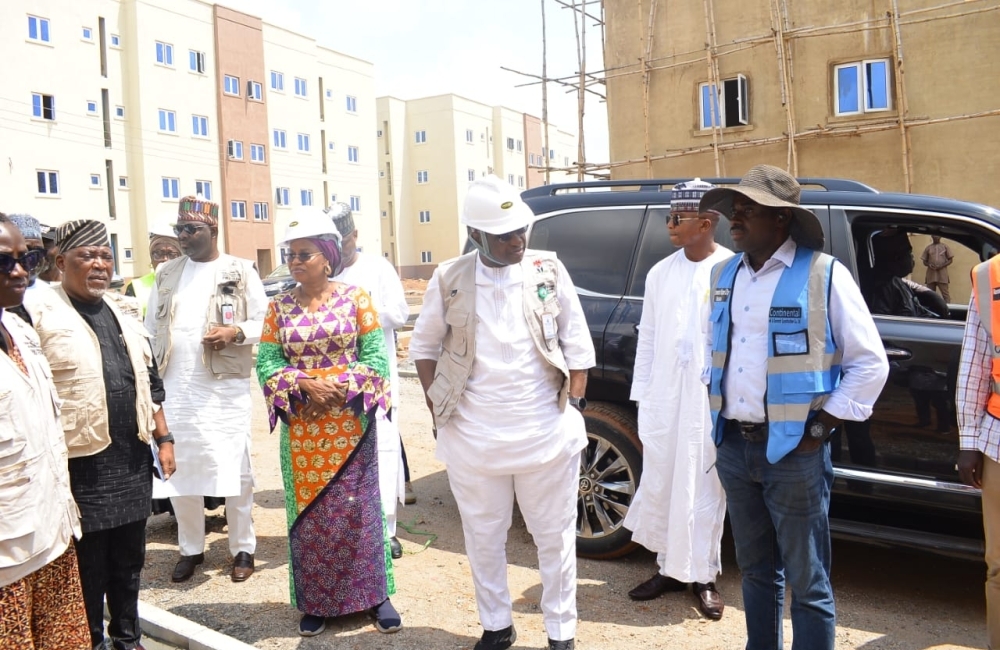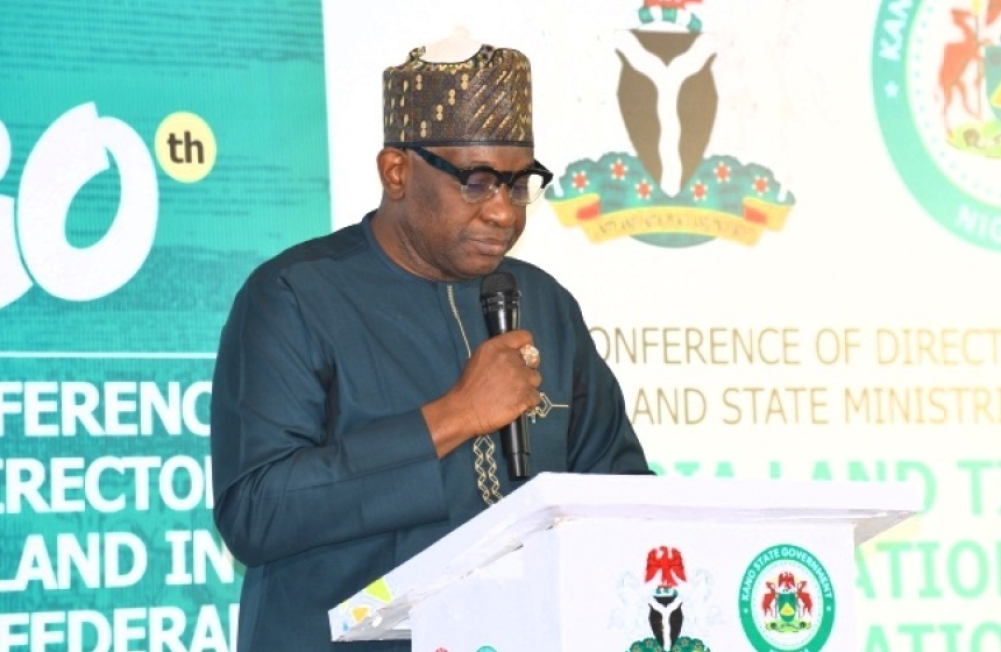Follow
Us:

Federal Ministry of
Housing & Urban Development
(FMHUD)
Federal Republic of Nigeria

Click To View: RENEWED HOPE HOUSING PORTAL
PHOTO NEWS
Oct
24
2025

INSPECTION OF THE KARSANA, ABUJA FCT RENEWED HOPE CITY PROJECT BY THE PERMANENT SECRETARY, MINISTRY OF HOUSING AND URBAN DEVELOPMENT, DR SHUAIB BELGORE, FRIDAY, OCTOBER 24TH, 2025.
Inspection of the Karsana, Abuja FCT Renewed Hope City Project by the Permanent Secretary, Ministry of Housing and Urban Development, Dr Shuaib Belgore, Friday, October 24th, 2025.
PHOTO NEWS
Nov
27
2025

OPENING OF THE 30TH CONFERENCE OF DIRECTORS OF LANDS IN THE FEDERAL AND STATES MINISTRIES, DEPARTMENTS AND AGENCIES IN KANO, NOVEMBER 25TH, 2025
Permanent Secretary of Federal Ministry of Housing and Urban Development, Dr. Shaiub Belgore










